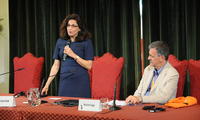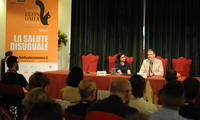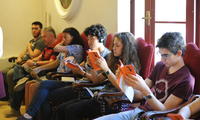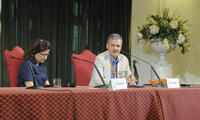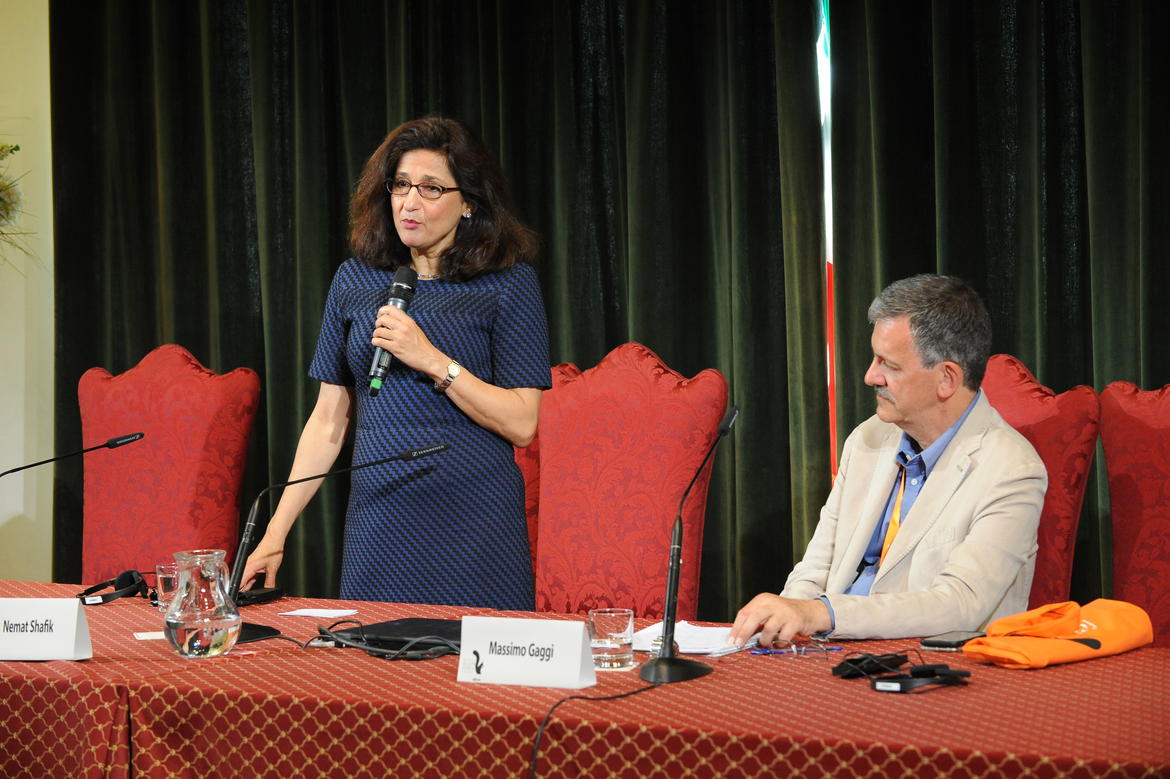
We are at a moment in history where expertise is being ignored or lost in the noise of the internet, social media, or ideologies of populist parties. People can now ask any question on social media or the internet and find answers that are, usually, in line with their existing beliefs, undercutting the opinions and recommendations of fact-based information. This is an issue that needs to be addressed at all levels of the expert world from the experts themselves down to politicians and citizens.
Experts need to communicate complex ideas more clearly and simply by becoming better storytellers and forming personal connections with their audience to effectively convey their ideas and logic. Mediators of information, social media platforms and journalists, need to be held accountable for the spread of misinformation and the promotion of sexist or racist ideologies on their communication platform. Finally, education should respond to the new forms of communication by equipping new generations with the tools to be critical thinkers and seek out true information, not to blindly accept misinformation.
Essentially, we need more and better experts so that policy, especially public health policy, can be formulated based on facts rather than fear and opinion and we need informed citizens to keep expert advice credible. Director Shafik has seen the benefits of society taking expert advice and the tragedies of the distrust of expertise. One such tragedy was the epidemic of HIV/AIDS in South Africa where 300,000 people died because of the rejection of expert advice that HIV was a virus and rather accepted that it was caused by malnutrition. Instances like this could have been and can be avoided. Director Shafik hopes that we can avoid expert failure in the future with issues such as climate change, vaccines, healthcare, educational reform, and economic reform.
Watch the inverview with Director Nemat Shafik: https://youtu.be/oIoJudFP72A
Web: http://2017.festivaleconomia.eu
Twitter: @economicsfest
Facebook: https://www.facebook.com/festivaleconomiatrento







